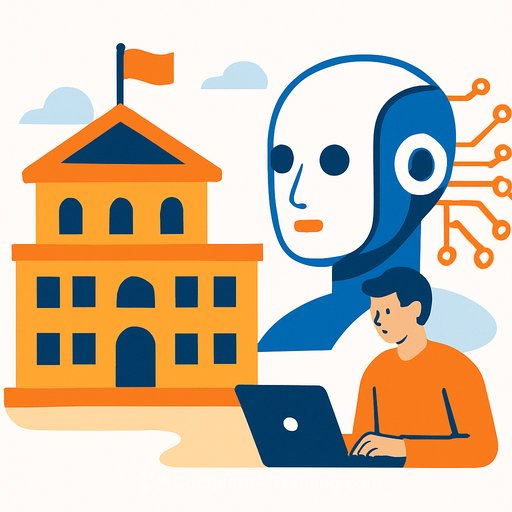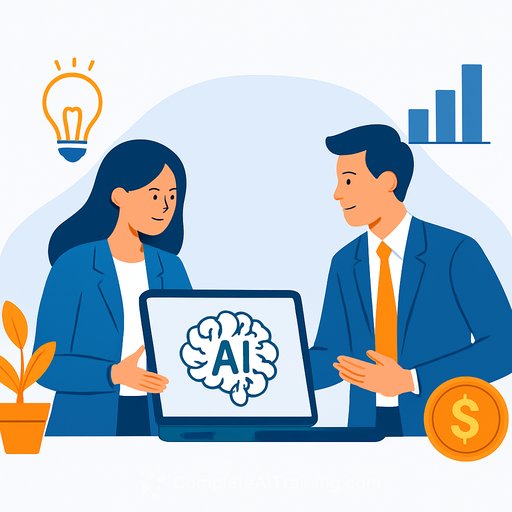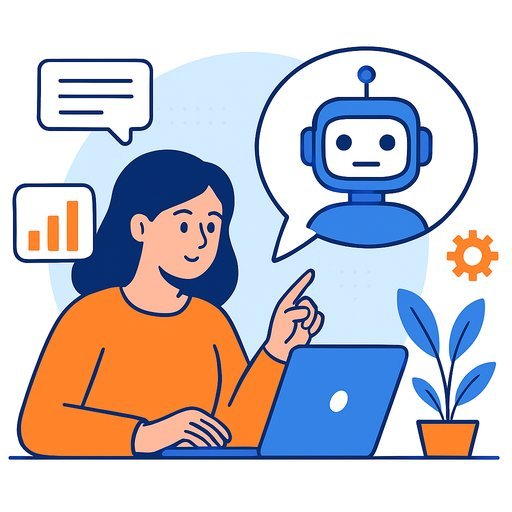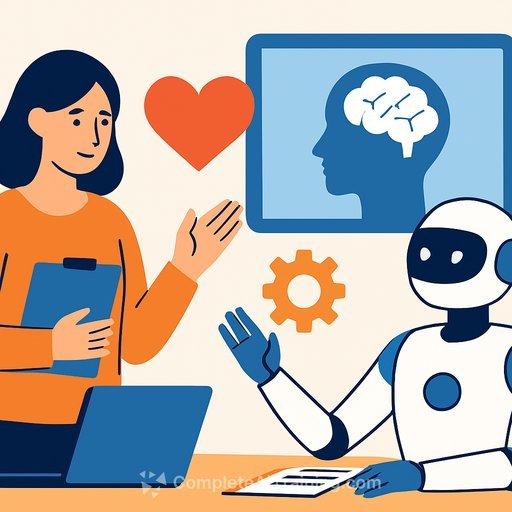An OpenAI University Could Redefine Higher Education
ChatGPT and similar AI tools are often seen as threats to traditional education. Yet, these platforms could serve as the foundation for the future of learning. Instead of banning AI tools, educators and institutions should consider integrating them into academic programs.
The current education system isn’t built for the AI era. A new approach is needed—one that embraces AI at its core. OpenAI has an opportunity to lead by creating a for-profit, AI-native university that redefines higher education.
What Would OpenAI University Look Like?
- Degree programs across AI, robotics, entrepreneurship, science, medicine, engineering, mathematics, computer science, and humanities—all taught through the lens of AI.
- Project-based learning using AI tools like GPT-5, Sora, and others developed by OpenAI.
- Professors who are active AI researchers, engineers, and operators—not just academics.
- Curriculum designed by leaders in tech, business, and science.
- AI copilots assigned to every student to accelerate learning and career development.
- Integration with companies for internships, startup acceleration, and hiring pipelines.
How Could OpenAI Launch This University?
There’s no need to start entirely from scratch. One option is to create a for-profit subsidiary, such as “OpenAI Education Inc.,” partnering with OpenAI LP and Foundation.
Another path is acquiring or partnering with an existing, accredited but underperforming institution. For example, Southern New Hampshire University could offer immediate regulatory clearance. Alternatively, collaborations with well-known universities like the University of Michigan or UCLA could be explored through acquisitions or academic partnerships.
Funding and program design could be supported by teaming up with industry leaders such as Microsoft, NVIDIA, Stripe, Anthropic, Tesla, or government bodies like the US Department of Defense.
Leveraging AI Tools for Learning
OpenAI’s own products would form the backbone of the university’s tech stack:
- GPT-5 as a co-instructor, aiding real-time interaction and feedback.
- Codex for coding assistance during courses.
- Sora to create immersive educational video content.
- DALL·E for creativity-driven courses.
- Integration with popular platforms like Canvas, Notion, and GitHub to align with students’ existing workflows.
Why This Matters for Educators
Many colleges and universities struggle to keep pace with the skills and knowledge needed in an AI-driven world. Current models are often outdated and disconnected from real-world demands.
OpenAI University aims to make education relevant again by aligning academic programs with the evolving needs of technology and industry. For educators, this means new opportunities to engage students with practical, AI-powered learning experiences.
Those interested in expanding their AI skills and understanding practical applications may find value in exploring Complete AI Training’s latest courses.
The Bottom Line
AI is transforming how knowledge is created and shared. Higher education must adapt or risk becoming obsolete. An AI-native university could set a new standard by blending advanced technology with expert-led instruction and real-world integration.
For education professionals, the question is not whether AI will change learning, but how to prepare for that transformation today.
Your membership also unlocks:





